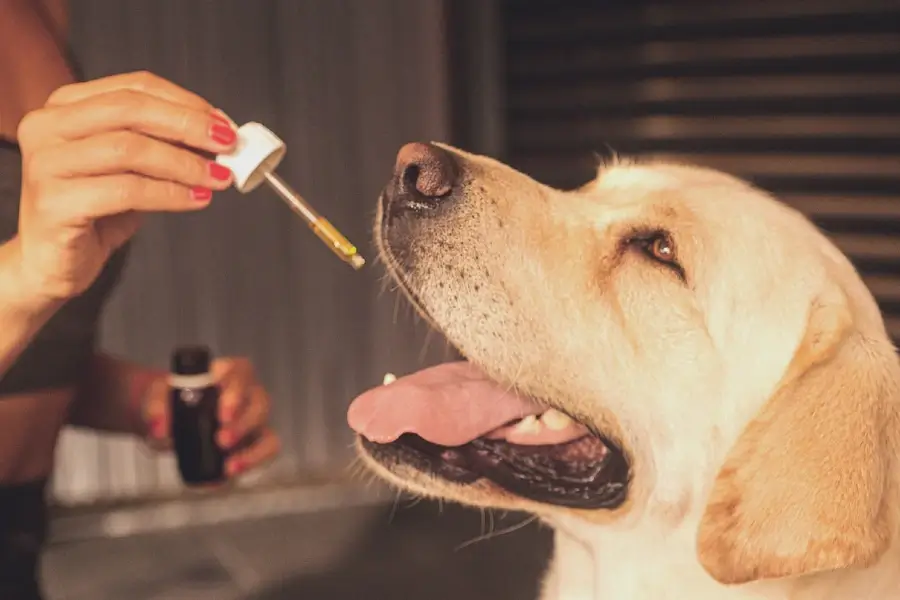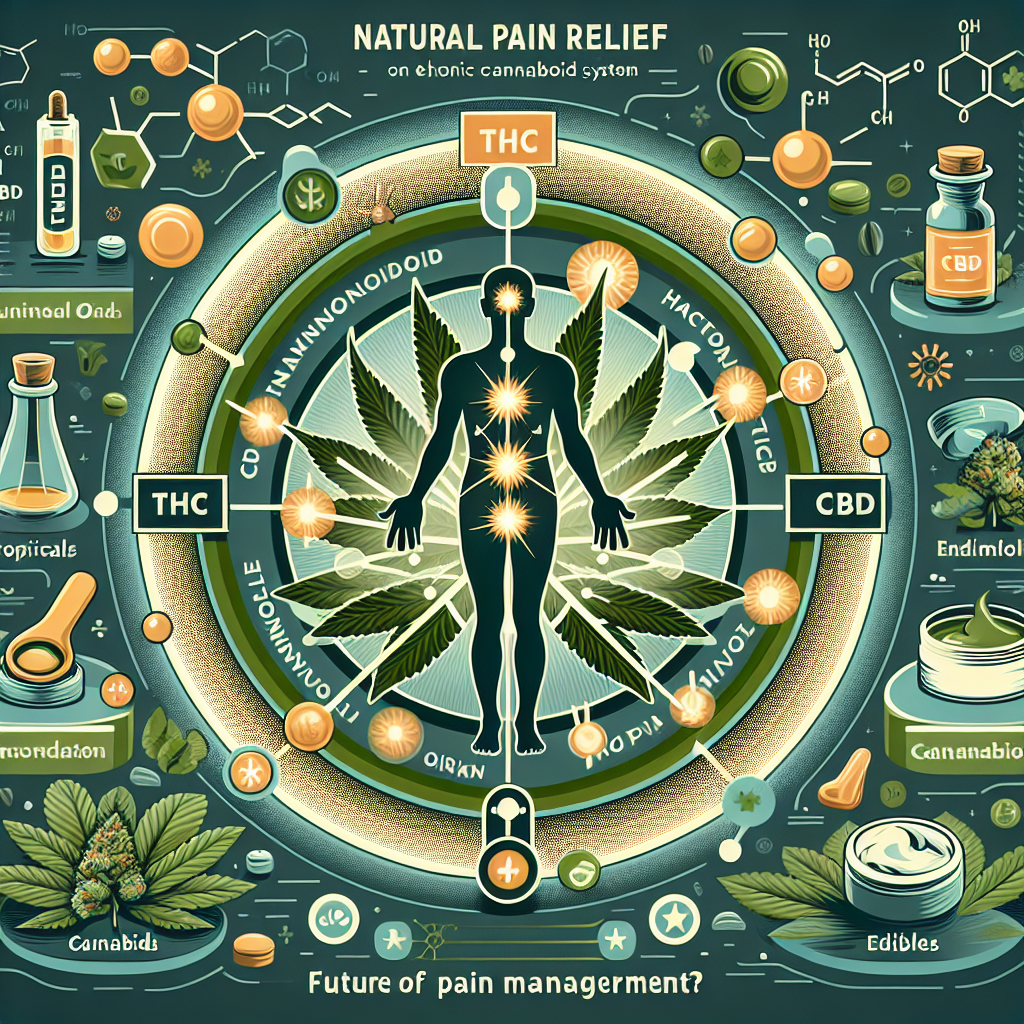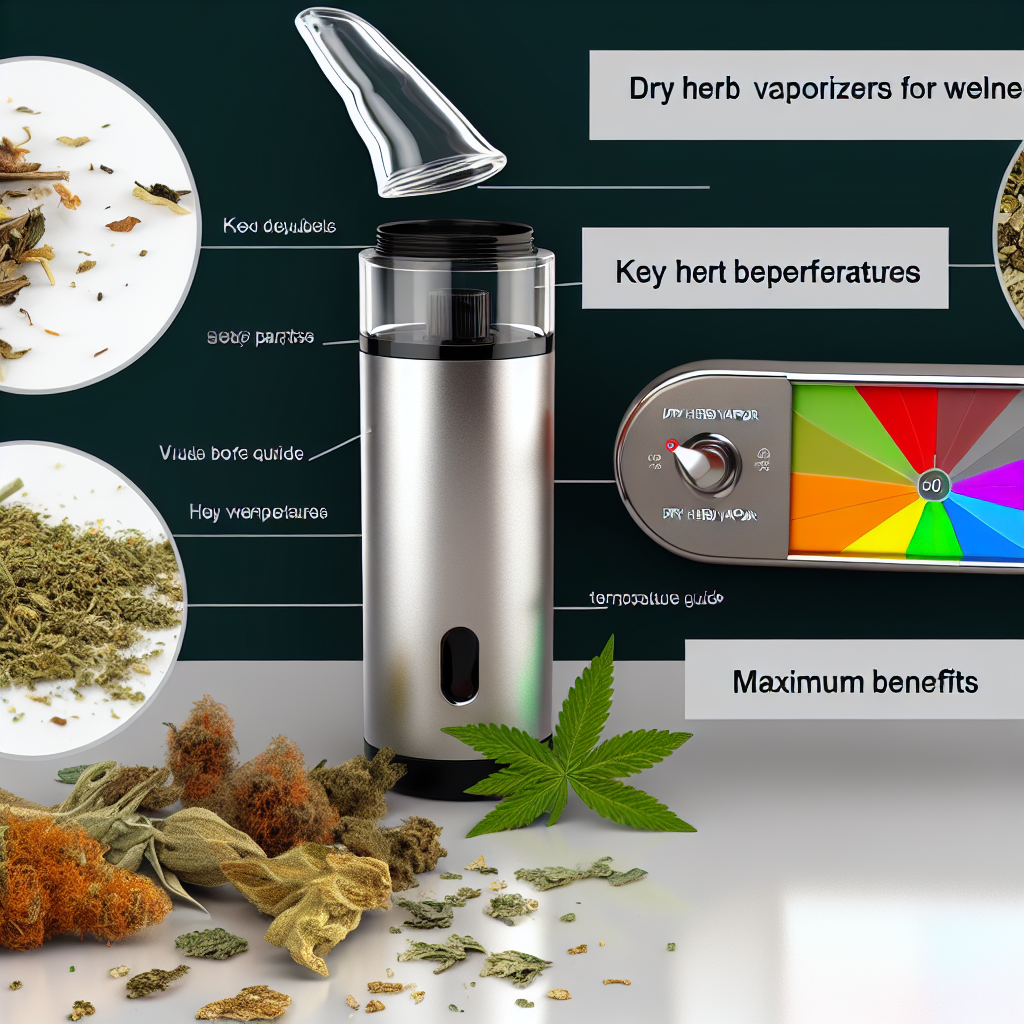The cannabis industry is undergoing rapid growth and expansion, surpassing the capacity of state lawmakers to establish regulations. Hemp-derived cannabinoid products containing elevated levels of THC are becoming more prevalent in a wide range of retail establishments nationwide, including stores, markets, and convenience shops. This trend is especially alarming as many of these products are being promoted and sold to adolescents. The arrival of these items has sparked vigorous debates in state capitols regarding addressing the public health, safety, and child accessibility risks they present.
These cannabinoid products derived from hemp are frequently marketed as being “infused” with CBD or THC. They are offered in various forms, including beverages, concentrated drinks (to be diluted with water or alcohol such as vodka), candies, sweets, and cookies. These products often feature delightful tastes, captivating names, and vibrant packaging that appeals explicitly to children. One way to target young people for promotion is by saying, “Try this; it’s reminiscent of candy!”
Characterized by an unpleasant and intoxicating state of heightened awareness that can last for a long time.
Moreover, these products often contain a mixture of various THC isomers, some of which have greater potency than others when given in the same amount. This has led to a phenomenon known as the “skunk effect,” characterized by an unpleasant and intoxicating state of heightened awareness that can last for a long time. The impact of these effects is more pronounced in young individuals as compared to adults, leading to an increased vulnerability to dependency and addiction.
While these cannabis products derived from hemp are widely used, they are not considered to be safe. These substances are the main reason why many people call poison control centers across the country. This can result in serious medical problems such as seizures, confusion, hallucinations, dizziness, muscle spasms, and vomiting. The main factor responsible for these adverse reactions is primarily linked to the presence of Delta-8 THC in these products. It is essential to mention that Delta-8 THC is not included in the hemp definition specified in the 2018 Farm Bill. Therefore, it is not legally permitted to be sold in regulated markets.
In addition, besides their intoxicating properties, these products can inflict significant harm on pets if ingested.
In addition, besides their intoxicating properties, these products can inflict significant harm on pets if ingested. The Food and Drug Administration (FDA) has received reports of pet owners administering hemp-derived cannabinoids to their dogs and cats, leading to adverse medical events. There have been recorded instances of pets dying after consuming cannabinoids derived from hemp.
As a response to these concerns, more and more states are choosing to require that hemp-derived products containing cannabinoids that cause intoxication comply with their regulations on recreational marijuana. The inception of this endeavor took place in Michigan in 2021. However, this approach creates a contradictory and confusing legal environment for customers, businesses, and law enforcement alike.
Vicente Sederberg LLP is actively monitoring and providing updates on the legal landscape concerning hemp-derived cannabinoid-based products with intoxicating effects. The newsletters are exclusively intended for informational purposes and should not be considered legal or tax advice. It is recommended that you consult with a proficient legal professional who can offer personalized guidance based on your specific circumstances.




